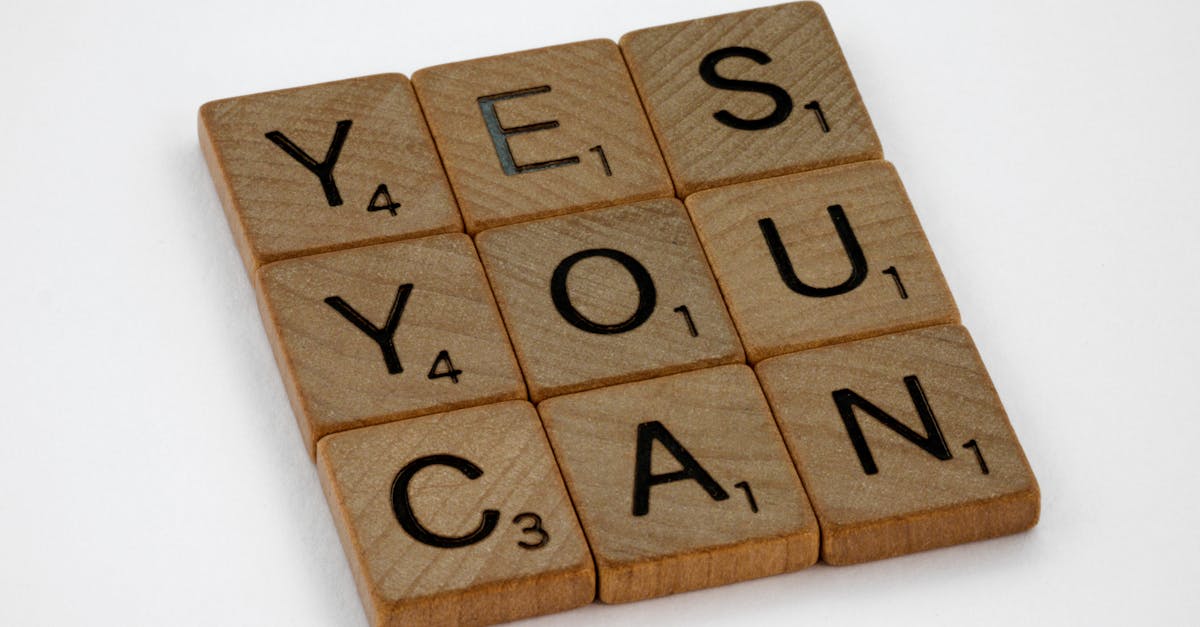The world of disability benefits can be complex and overwhelming. For individuals with disabilities, understanding the nuances of Social Security Disability Insurance (SSDI) and Supplemental Security Income (SSI) is crucial. Many people wonder whether it is possible to receive both SSDI and SSI at the same time. In this article, we will delve into this topic, providing you with clear insights and essential facts that can help you navigate your options.
| Fact | Description |
|---|---|
| Eligibility | Understanding the eligibility criteria for SSDI and SSI. |
| Income Limits | Explaining income limits for SSI recipients. |
| Concurrent Benefits | How concurrent benefits work with SSDI and SSI. |
| Application Process | Steps to apply for SSDI and SSI. |
| Impact of SSDI on SSI | How receiving SSDI may affect SSI payments. |
Eligibility
To determine if you can receive both SSDI and SSI, it’s essential to understand the eligibility criteria for each program. SSDI is designed for individuals who have a qualifying work history and have paid into Social Security through payroll taxes. On the other hand, SSI is a needs-based program for individuals who have limited income and resources, regardless of their work history. If you meet the requirements for both programs, you may be eligible to receive benefits from both, provided you adhere to the specific guidelines for each program.

Income Limits
Supplemental Security Income (SSI) has strict income limits that determine eligibility. As of 2023, the federal benefit rate for an individual is $914 per month. If your income exceeds this amount, you may not qualify for SSI. However, if you are receiving SSDI benefits, these may not count as income for SSI eligibility. Understanding how your income interacts with these limits is vital in assessing your potential benefits.

Concurrent Benefits
Concurrent benefits refer to the situation where an individual qualifies for both SSDI and SSI. This is possible if you have a disability that meets the Social Security Administration’s (SSA) criteria and your income and resources fall below the SSI limits. In many cases, individuals who have a work history but whose SSDI benefits are low may find that they can also qualify for SSI, thereby receiving both types of assistance. This can significantly enhance your financial stability.

Application Process
The application process for SSDI and SSI can be intricate. It often involves providing detailed medical documentation and financial information. To apply for SSDI, you can do so online through the SSA website or by visiting your local Social Security office. For SSI, the application must typically be completed in person or over the phone. It is crucial to ensure that you provide all required documentation to avoid delays in processing your application. Additionally, obtaining assistance from a disability advocate or attorney may improve your chances of approval.

Impact of SSDI on SSI
Receiving SSDI can impact your SSI payments. If your SSDI benefits are above a certain threshold, your SSI payments may be reduced or eliminated entirely. The SSA considers your total income when calculating your SSI benefits. Therefore, it is essential to report any changes in your income or benefits to the SSA to ensure you receive the correct amount of assistance and avoid potential overpayments that could lead to penalties.

FAQ
Can I receive both SSDI and SSI at the same time?
Yes, it is possible to receive both SSDI and SSI simultaneously if you meet the eligibility requirements for each program. SSDI is based on your work history, while SSI is based on your financial need.
What are the income limits for SSI?
As of 2023, the income limit for an individual to qualify for SSI is $914 per month. This includes all sources of income, but SSDI may not count against this limit.
How do I apply for SSDI and SSI?
You can apply for SSDI online or at your local Social Security office. For SSI, you typically need to apply in person or over the phone, providing necessary documentation related to your disability and financial status.
Will receiving SSDI affect my SSI benefits?
Yes, receiving SSDI can affect your SSI benefits. If your SSDI payments exceed a certain amount, your SSI benefits may be reduced or eliminated. It’s important to report any changes in your income to the SSA.
What should I do if my application for benefits is denied?
If your application is denied, you have the right to appeal the decision. This process involves reviewing the reasons for denial and providing additional evidence to support your claim. Seeking help from a disability attorney can be beneficial during this process.
References:
– [Social Security Administration – SSDI](https://www.ssa.gov/benefits/disability/)
– [Social Security Administration – SSI](https://www.ssa.gov/ssi/)
– [Understanding Concurrent Benefits](https://www.ssa.gov/benefits/disability/concurrent.html)
– [Social Security Disability Benefits](https://www.ssa.gov/disability/)




